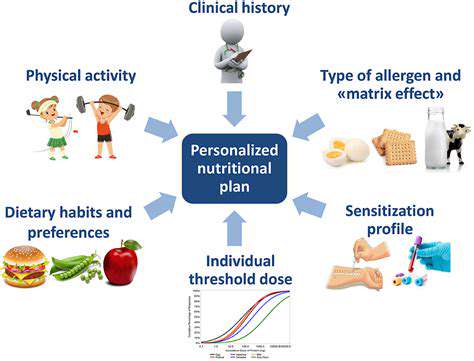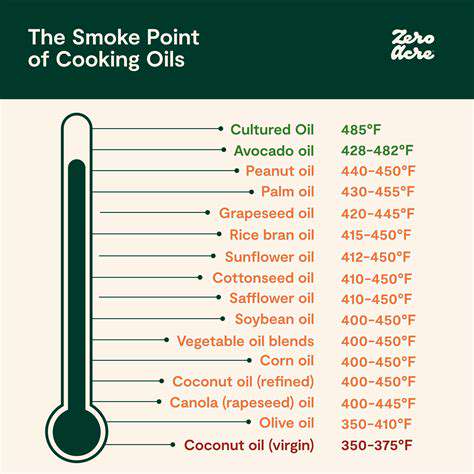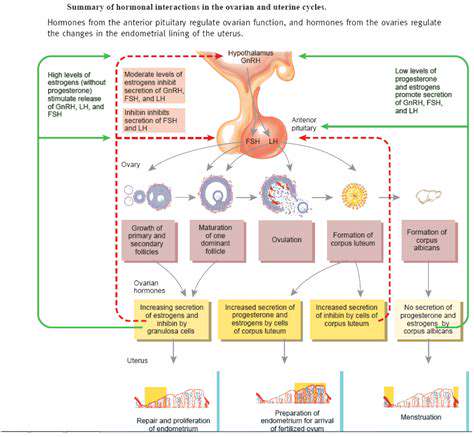Guide to a Healthy Pregnancy Diet
Every expecting mother needs to focus on macronutrients, which provide energy and help build the body's tissues. These include carbohydrates, proteins, and fats. Carbs serve as the body's main energy source, abundantly found in fruits, vegetables, and whole grains. Proteins play a critical role in tissue repair and growth, with excellent sources being lean meats, fish, eggs, and legumes. Healthy fats from avocados, nuts, and olive oil support hormone production and cellular function.
Balancing these macronutrients is key for maternal health. Eating a variety of nutrient-dense foods ensures proper intake for both mother and baby.
Micronutrients: The Essential Supporting Cast
While needed in smaller quantities, vitamins and minerals are vital for pregnancy. These organic compounds drive metabolic processes and support fetal growth. Minerals like iron and calcium strengthen bones and maintain fluid balance. Dark leafy greens, citrus fruits, and dairy products are packed with these micronutrients.
Skimping on these can lead to complications. That's why doctors emphasize eating colorful, varied meals throughout pregnancy.
Hydration: The Unsung Hero
Water does more than quench thirst during pregnancy. It regulates body temperature, transports nutrients to the baby, and flushes out toxins. Dehydration can trigger contractions or cause dizziness, so carrying a water bottle becomes essential.
Experts recommend at least 8-10 glasses daily, more if exercising or in hot weather. Herbal teas and water-rich fruits also contribute to fluid intake.
Fiber: The Digestive System's Friend
As pregnancy hormones slow digestion, fiber becomes crucial. Whole grains, berries, and legumes prevent constipation and feed beneficial gut bacteria. This supports both digestive health and immune function.
Gradually increasing fiber intake helps avoid bloating while keeping the digestive tract moving smoothly.
Healthy Fats: More Than Just Calories
Omega-3s from salmon and walnuts aid baby's brain development. These good fats reduce inflammation and support hormone production. Avocados and olive oil provide monounsaturated fats that help absorb fat-soluble vitamins.
Protein: The Body Builder
Protein builds every cell in the developing baby while maintaining maternal muscle mass. Poultry, Greek yogurt, and lentils offer complete proteins with essential amino acids.
Spreading protein intake throughout the day optimizes absorption and keeps energy levels stable.
Antioxidants: Protecting Your Cells
Colorful produce like berries and spinach neutralize harmful free radicals. These protective compounds may lower pregnancy complications while supporting placental health.
Eating a rainbow of fruits and vegetables ensures a wide spectrum of these protective nutrients.
Crucial Vitamins and Minerals for Maternal and Fetal Health
Folate: A Cornerstone of Development
Folate prevents neural tube defects that can develop before many women know they're pregnant. Spinach, lentils, and fortified cereals provide this B vitamin, but most doctors recommend supplements too.
Starting folate before conception gives the best protection against birth defects affecting the brain and spine.
Iron: Supporting Maternal and Fetal Well-being
Iron demands nearly double during pregnancy to support increased blood volume. Lean red meat and fortified grains help, but pairing them with vitamin C foods like oranges boosts absorption.
Without enough iron, both mother and baby risk anemia, which can cause fatigue and developmental delays.
Calcium and Vitamin D: Building Strong Bones
The baby draws calcium from mom's bones if dietary intake falls short. Dairy, almonds, and fortified plant milks provide calcium, while safe sun exposure generates vitamin D.
These nutrients work together to build the baby's skeleton while protecting maternal bone density.
Muscle strains become more likely during pregnancy as ligaments loosen. Proper hydration and nutrition help maintain muscle elasticity.
Hydration and Avoiding Harmful Substances
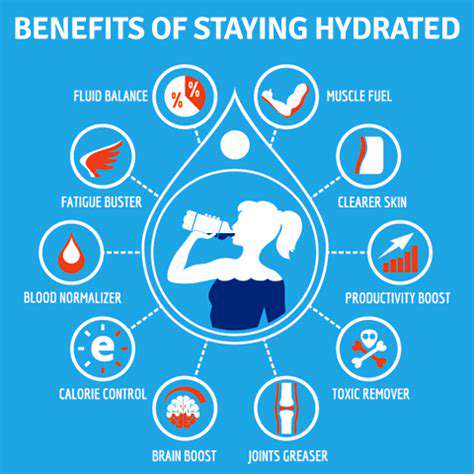
Hydration Strategies for Peak Performance
Pregnancy increases fluid needs to support amniotic fluid and blood volume. Dehydration can trigger Braxton Hicks contractions and reduce nutrient delivery to the placenta. Sipping water consistently works better than drinking large amounts at once.
Adding lemon or cucumber slices makes water more appealing for those struggling with nausea.
Understanding the Importance of Electrolytes
Morning sickness can deplete electrolytes like sodium and potassium. Coconut water and bananas help replenish these minerals naturally without added sugars.
Electrolyte imbalance may cause muscle cramps or dizziness, especially in later pregnancy.
Recognizing the Signs of Dehydration
Dark urine, dry lips, and headaches often appear before thirst kicks in. Monitoring urine color provides the simplest hydration check - aim for pale yellow.
Severe dehydration may cause dizziness or rapid heartbeat, requiring immediate medical attention.
Avoiding Harmful Substances
Alcohol crosses the placenta directly, potentially causing fetal alcohol spectrum disorders. Even small amounts may impact brain development. Caffeine should stay below 200mg daily (about one 12-ounce coffee).
Raw fish, unpasteurized dairy, and undercooked meats pose foodborne illness risks with greater consequences during pregnancy.
Hydration and Specific Populations
Women carrying multiples or exercising regularly need even more fluids. Those with gestational diabetes must balance hydration with blood sugar management.
Consulting an OB-GYN helps tailor hydration plans to individual circumstances and medical history.
Hydration and Performance Enhancement
Proper fluid intake reduces pregnancy fatigue and improves concentration. It also helps prevent urinary tract infections common during gestation.
Staying well-hydrated makes labor and delivery smoother by maintaining energy levels and preventing complications.


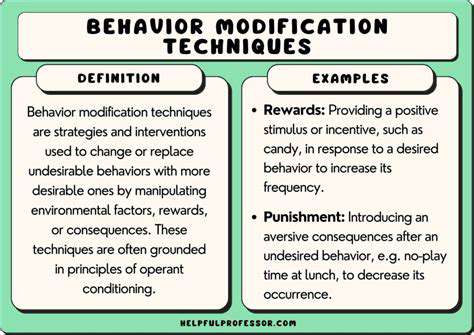
![Best Meditation Apps for Beginners [2025 Review]](/static/images/26/2025-05/Top3MeditationAppsforBeginnersin2025.jpg)

